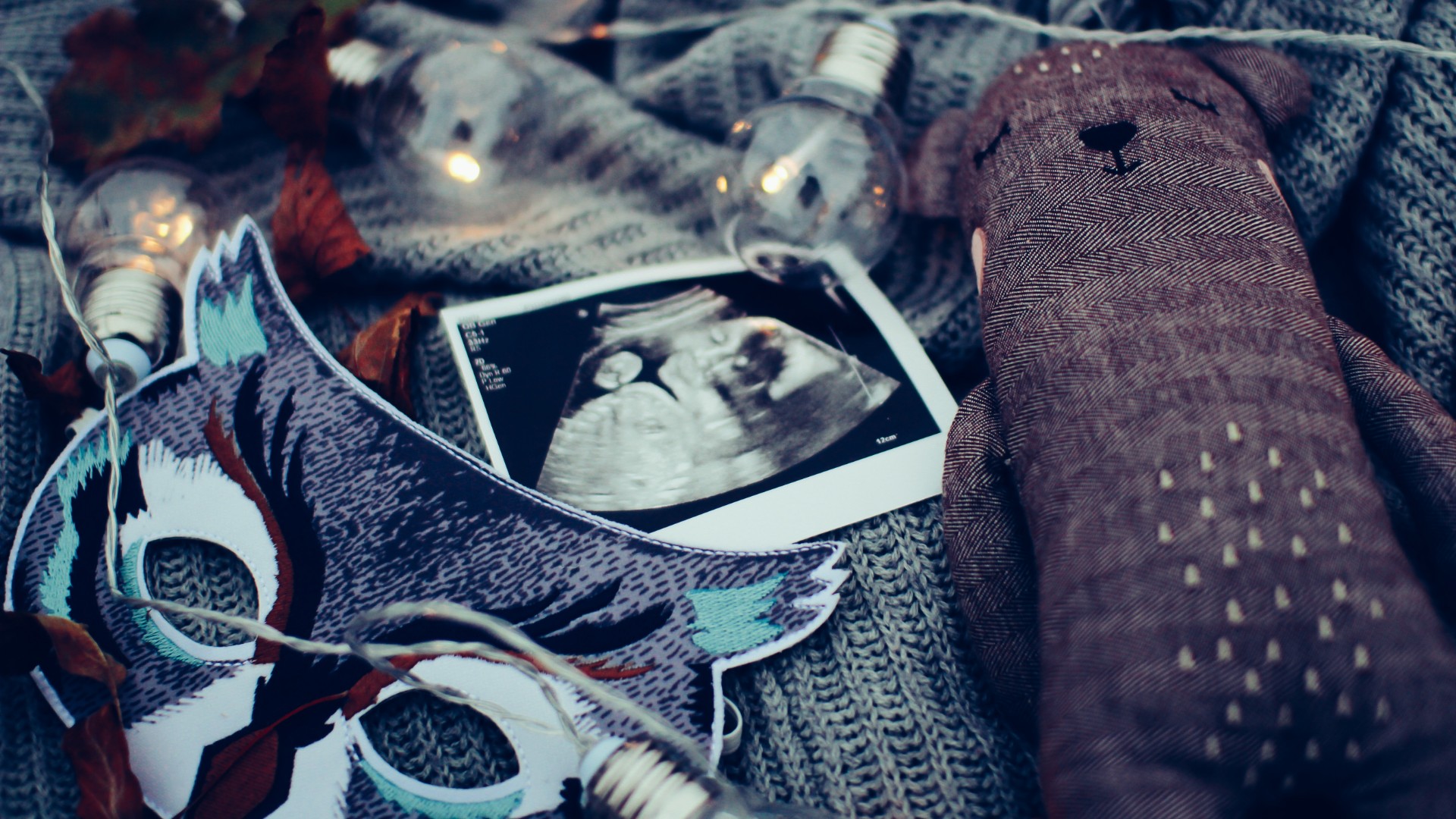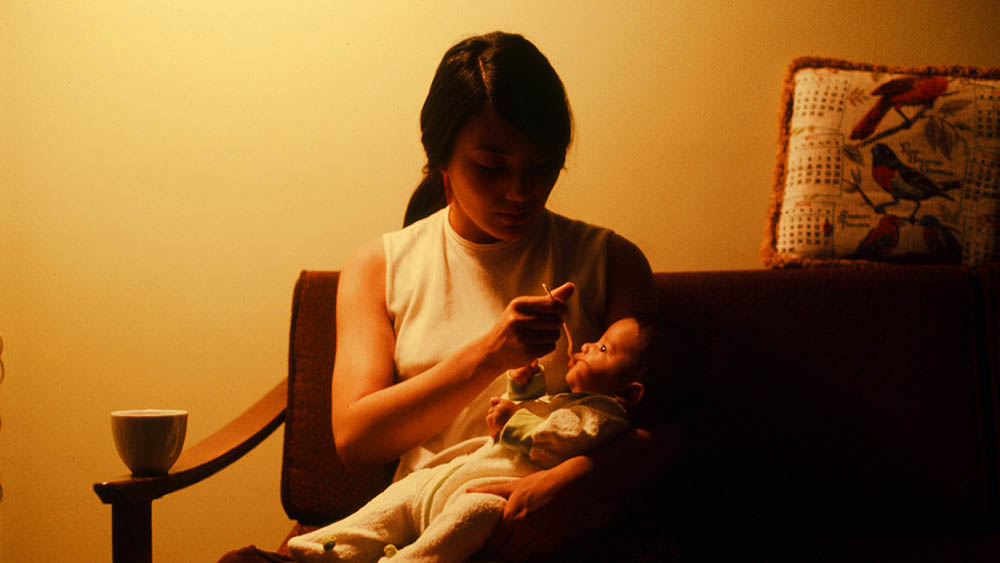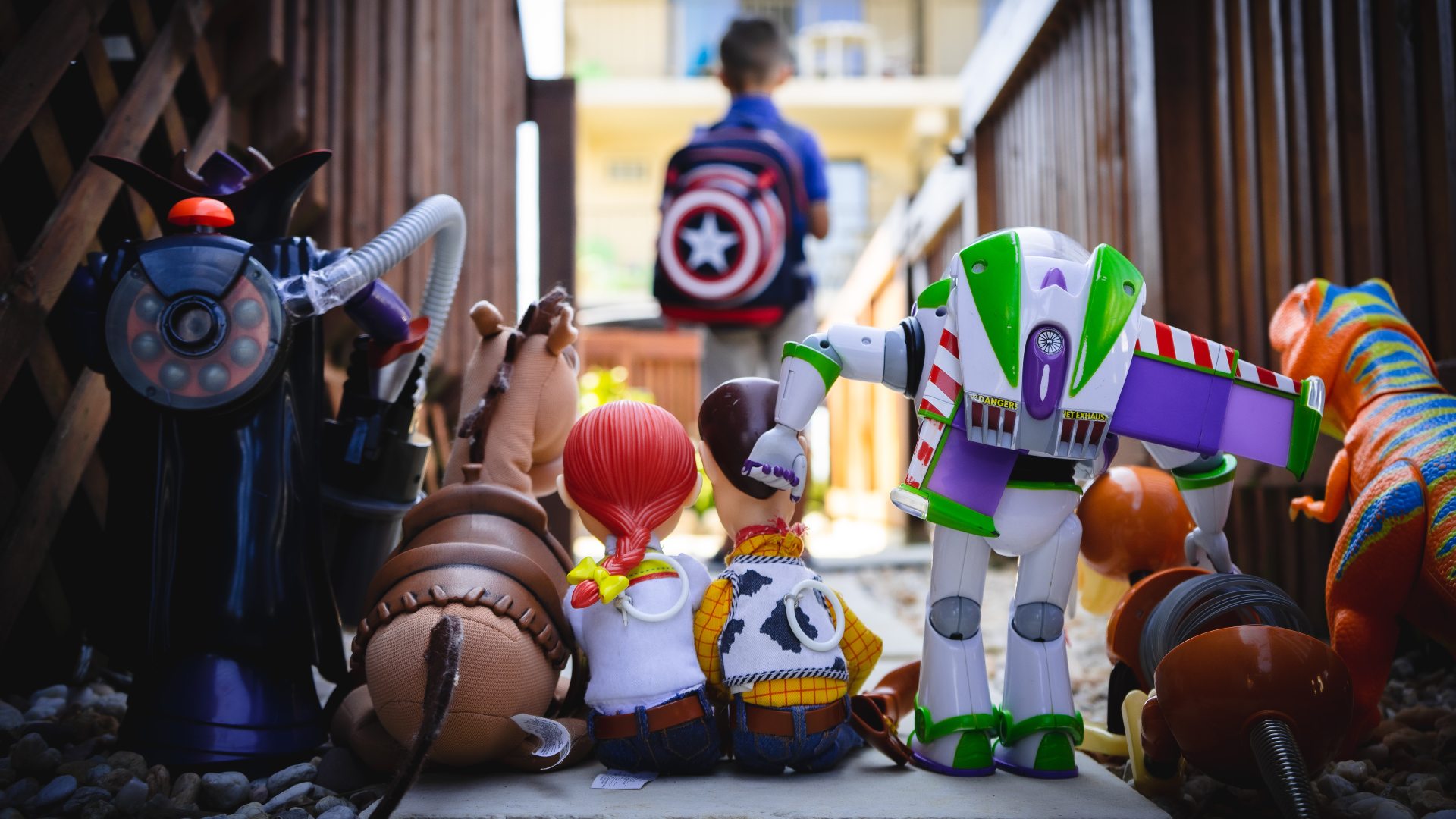Baby Talk: 10 Ways To Prepare Your Child For A New Baby
It's not always easy for an only child to welcome a new sibling without feeling dethroned. Here are 10 easy ways you can help your eldest navigate the transition:
1. When to break the news
There's no one-size-fits-all answer to this question, but usually it’s best to tell your child as soon as you’re telling other people. Let him hear it from you rather than risk hearing about it from someone else or wonder why Mummy’s belly is suddenly growing so fast. And this way, you also don’t run the risk of your child accidentally blabbering your special news to others before you’re ready.
2. Keep it simple
Keep what you say short and sweet so that your child doesn’t get confused. But be honest. Explain that the new baby will take up a lot of your time and attention, and reassure your child that you will love him just as much after the baby is born as you do now and that he is an important family member too. Follow your child’s lead here—answer whatever questions they may have about the new baby brother or sister they’re going to get, otherwise leave it for later.
3. Don’t assume you’ll know their reaction
You know your child the best but don’t assume that you’ll know exactly how they’ll react to the news of having a new baby in the house. Some might be really happy about having someone to play with, while others may get angry about having to share their parents’ love and attention. It is important to acknowledge whatever feelings your child has and to not ignore or belittle negative emotions.
4. Avoid making any sudden changes
If your child needs to move to a new bed or a new room after the baby's arrival, make the necessary lifestyle or routine changes as early as possible to give him time to adjust; and to minimise any anger or feelings of resentment toward the baby.

5. Pictures can help
Regularly showing your older child the baby’s ultrasound photos may also help him better understand what is happening. Also, looking at your child’s baby books may help him feel more secure, as you lovingly describe each photo to reminisce and tell stories about when your older child was a baby. Pre-schoolers and toddlers may find it easier to understand the upcoming birth of a baby visually through a simple picture books.
6. Involve him in planning for the baby
Involving the older child in planning for the baby will make him less jealous and help him better understand his role as the older brother. Let him shop with you for baby items when you start buying nursery furniture, baby clothes, diapers or start fixing up the baby's room.
7. More alone time with dad
A new baby presents a great opportunity for fathers to spend time alone with older children. Because Mum will be in physical recovery and needs to focus on the new baby, it’s really helpful if Dad can start putting in some extra time with the older child before the baby is born. If they have already carved out extra time and have special things that they are doing together on a regular basis that won’t change because of the baby, it makes accepting the new baby easier.
8. When the big day finally comes
If your child is old enough to understand, be honest about what is going to happen and what your child should expect over the next few days. Explain that you will be going to the hospital and that in the meantime dad or a specific friend or relative will be staying with him at home, and that you’ll be back home soon with the new baby in a few days.
9. Greet him with a gift
Have your older child come visit at the hospital as soon as the baby arrives, so that he feels part of the growing family. And when the child meets the baby finally, have a little present from the baby for the older sibling.
10. Don’t forget to pay extra attention to him
The first weeks at home with an older child and a new baby can be exhausting and stressful coping with children that constantly need your attention. Make an effort to spend some quality time alone with the older child daily to remind him how special he is to you. If children feel insecure or neglected because of a new baby, some commonly express their frustrations with regressions (toilet-trained children may suddenly go back to bed wetting), tantrums and attention-seeking behaviour.
Jealousy can also strike when the baby starts to smile and becomes more interactive. Rather than just discipline the child, it’s vital to understand what caused them to act out in the first place and to reassure them they always have your love and attention too.
For the latest updates on Wonderwall.sg, be sure to follow us on TikTok, Telegram, Instagram, and Facebook. If you have a story idea for us, email us at [email protected].











